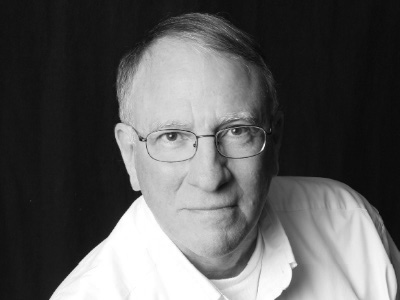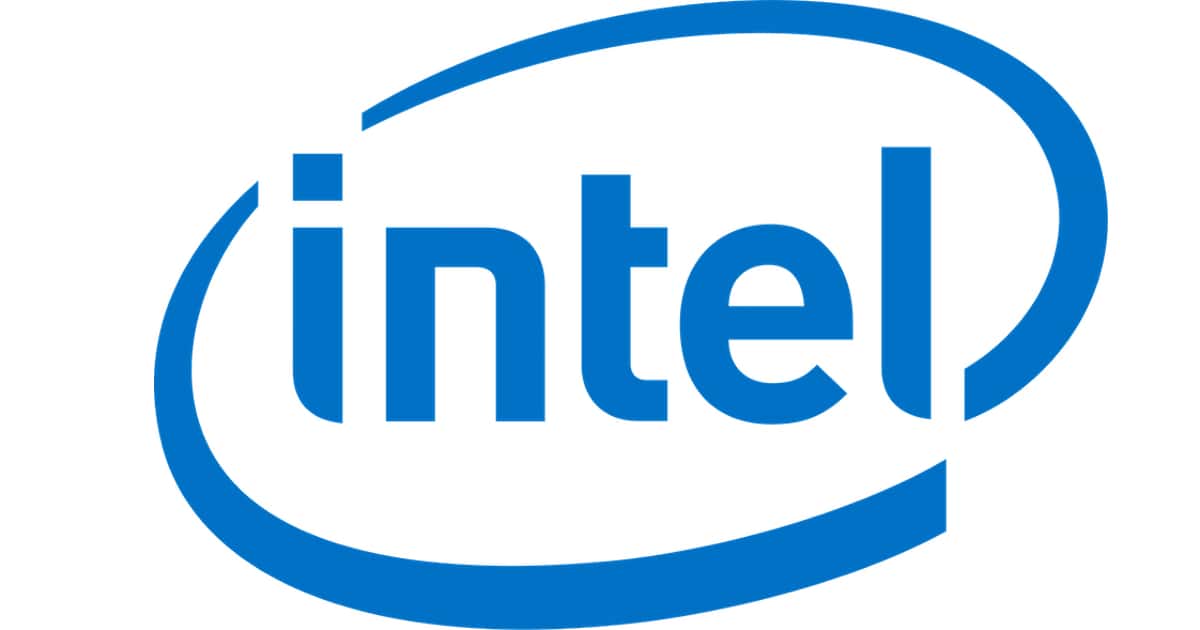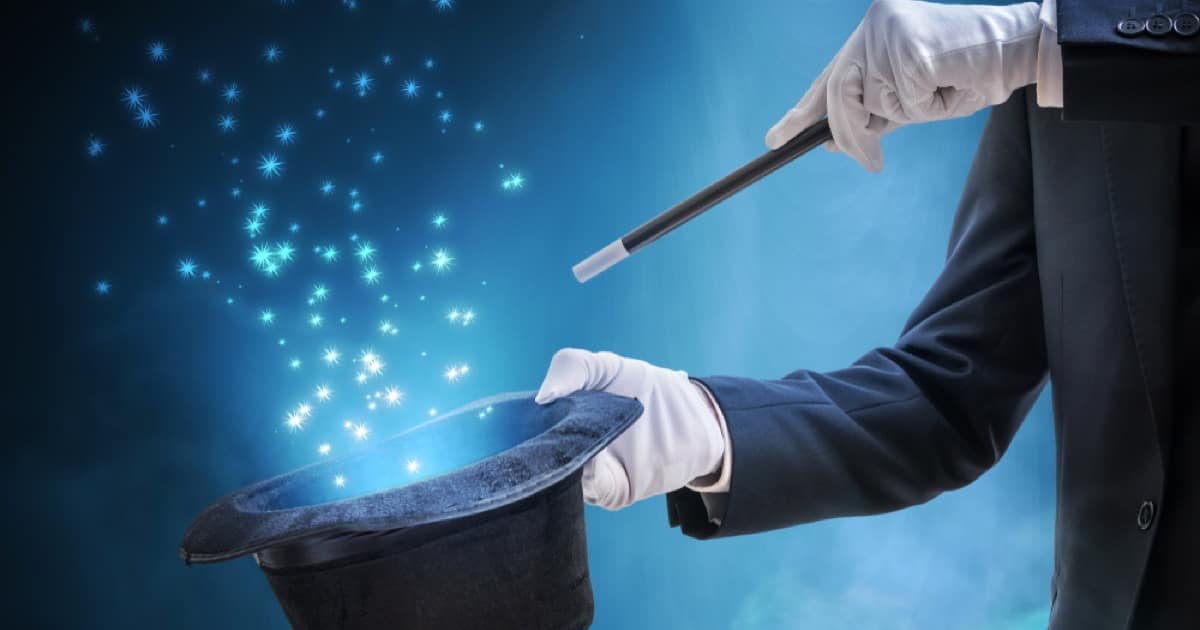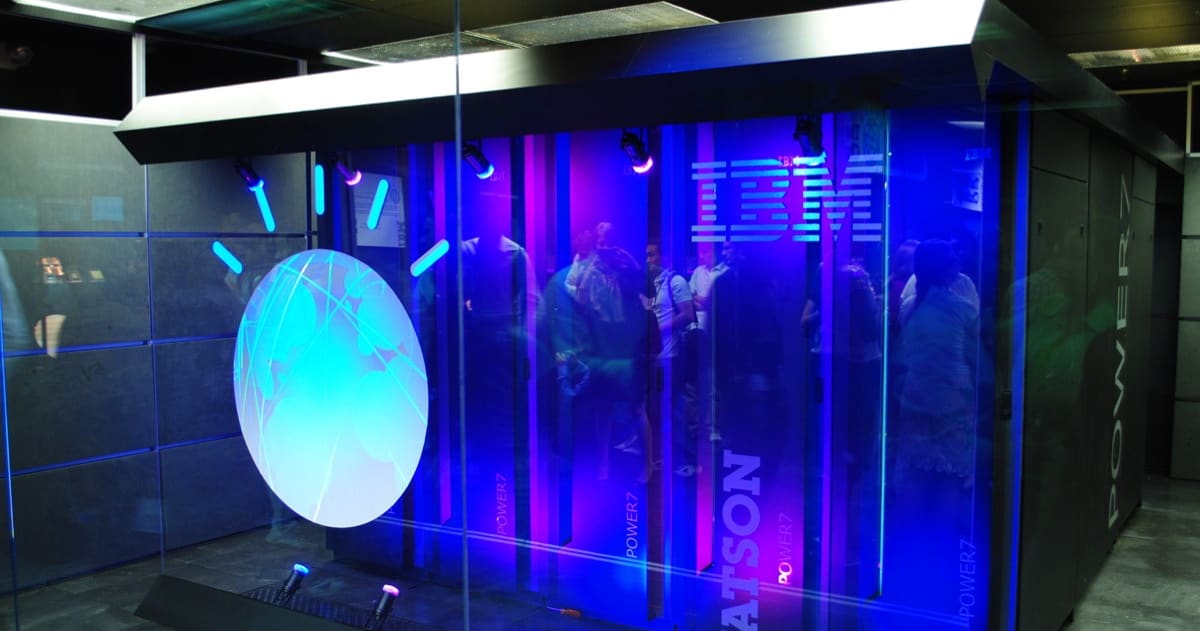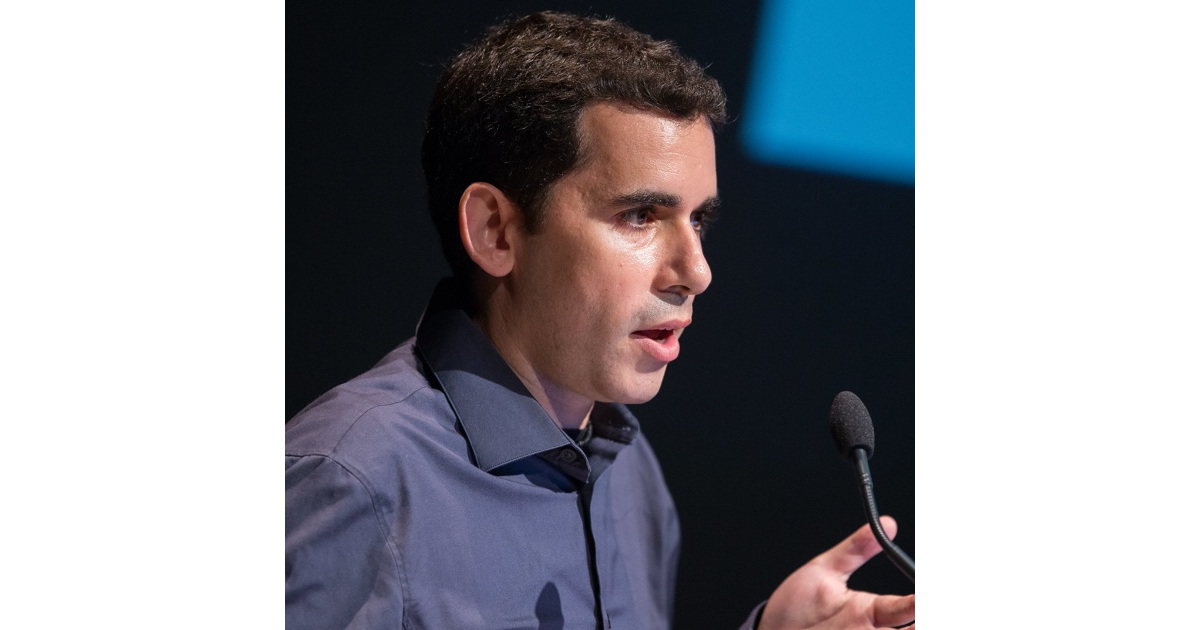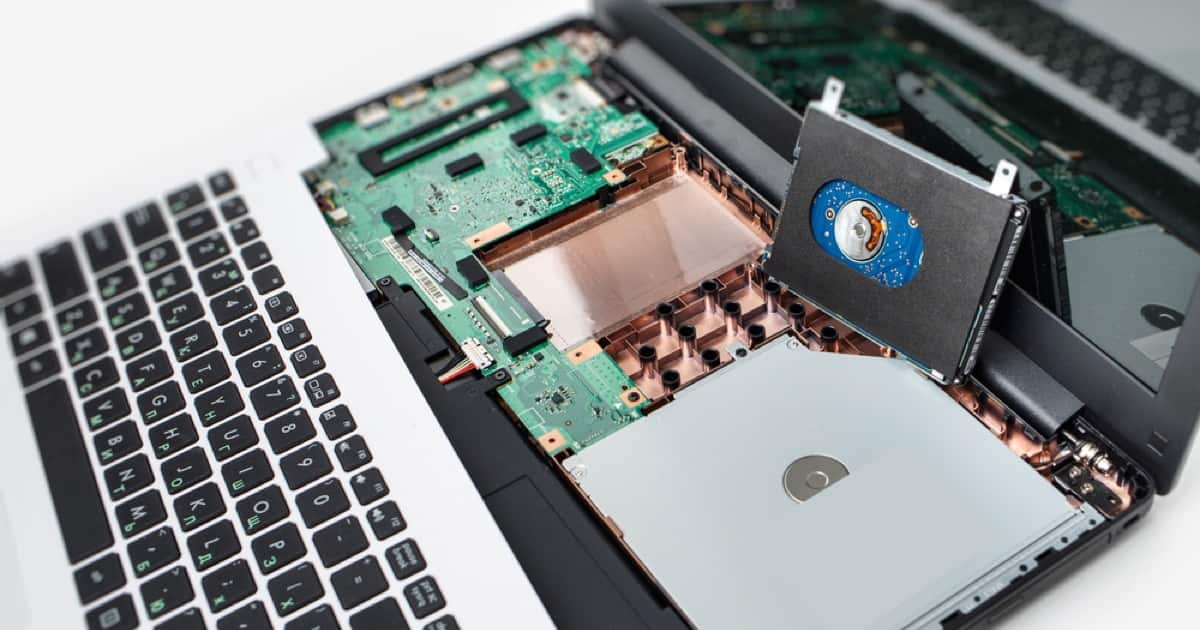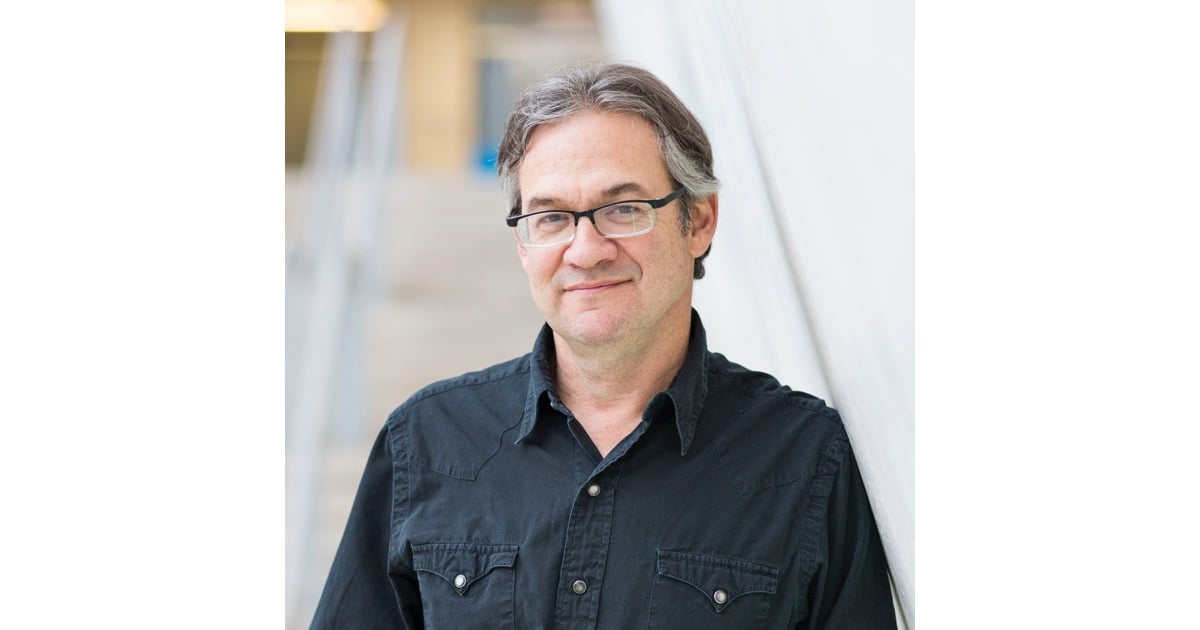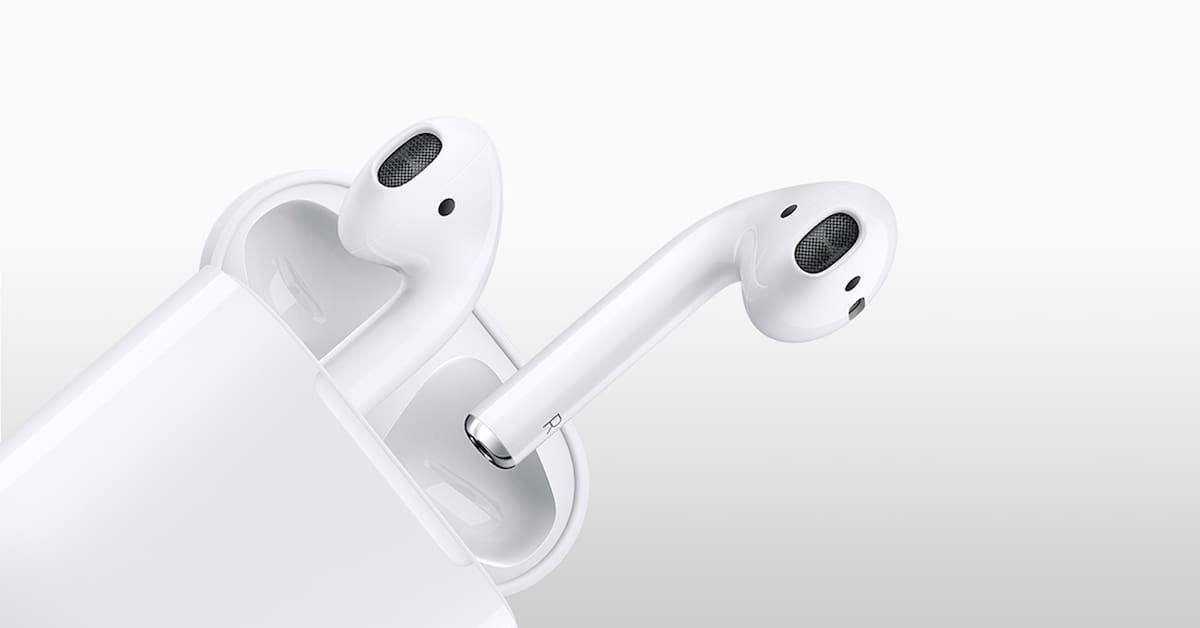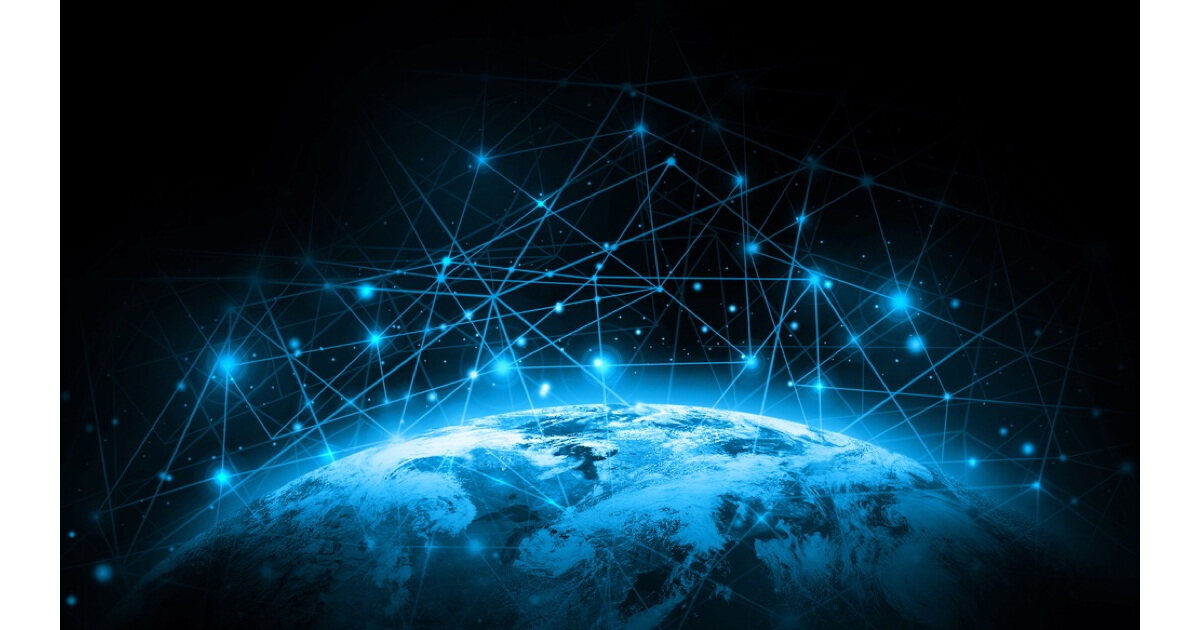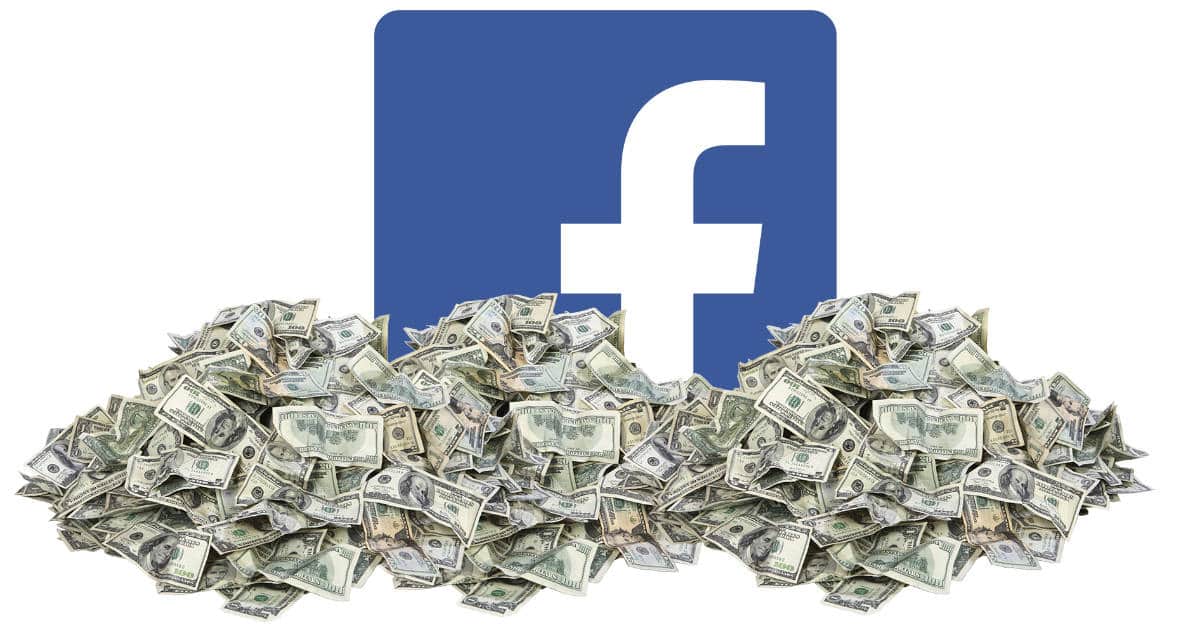Dr. Matt Stanley is a teacher and researcher in the history and philosophy of science. He holds degrees in astronomy, religion, physics, and the history of science and is interested in the connections between science and the wider culture. His Ph.D. is from Harvard in the history of science, and he is currently a professor at New York University.
We chatted about how Matt came to be immersed in physics as well as the history of science and religion. He found that a proper modern perpective depends on an understanding of how science evolved throughout history. We also briefly touched on how science and religion don’t really contradict each other. Matt told me about a very interesting class he teaches, his podcast “What the If,” and his new book EINSTEIN’S WAR: How Relativity Conquered the World.
